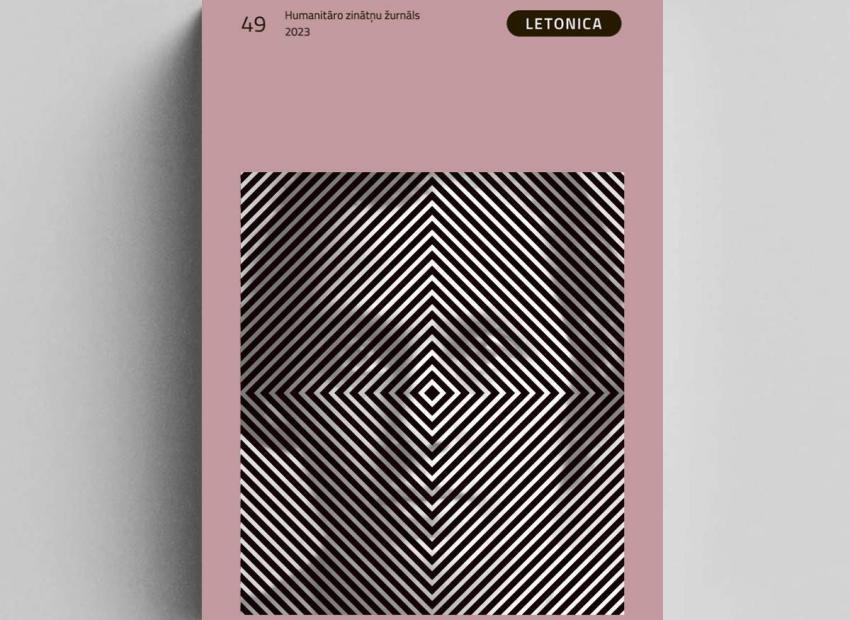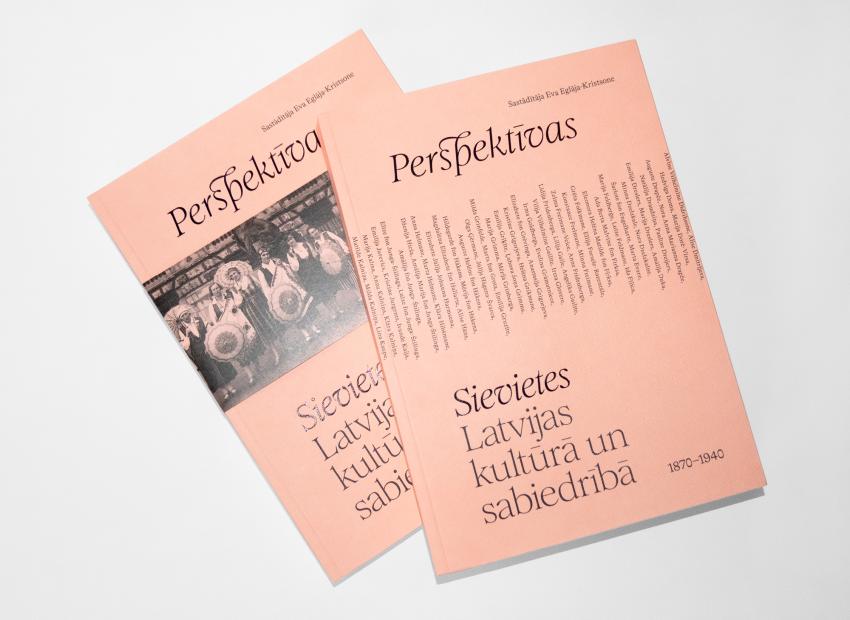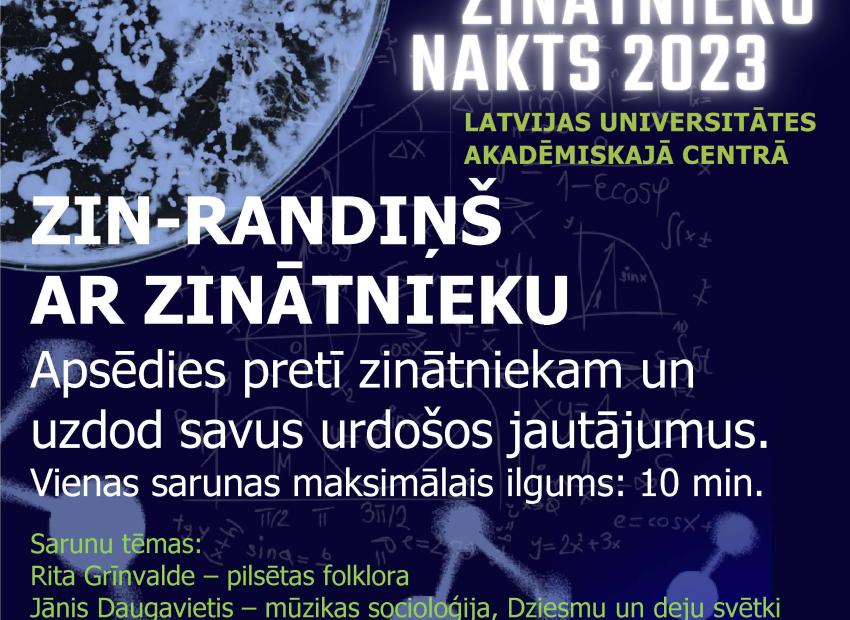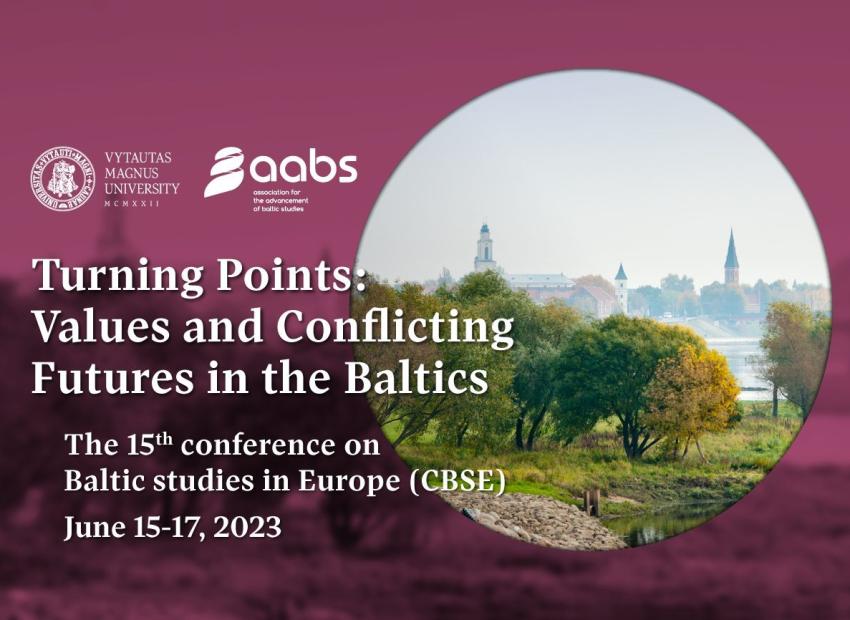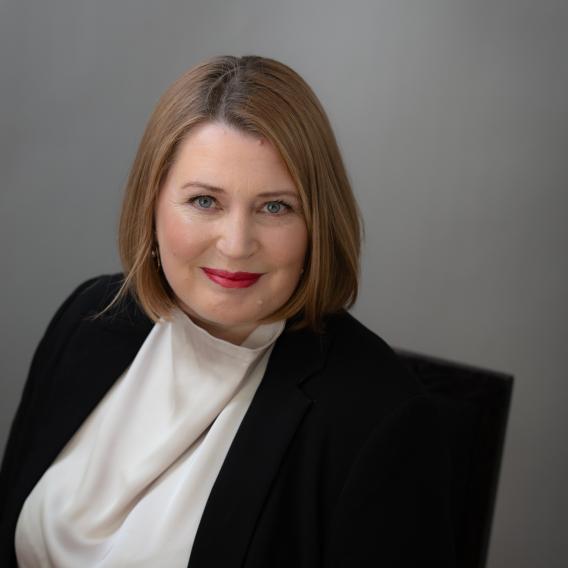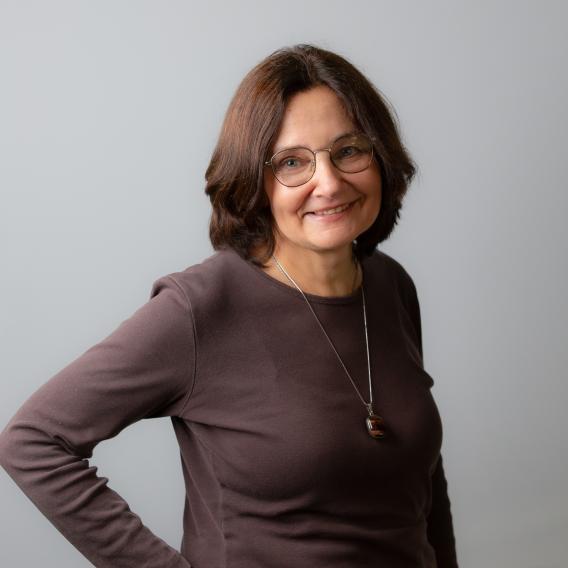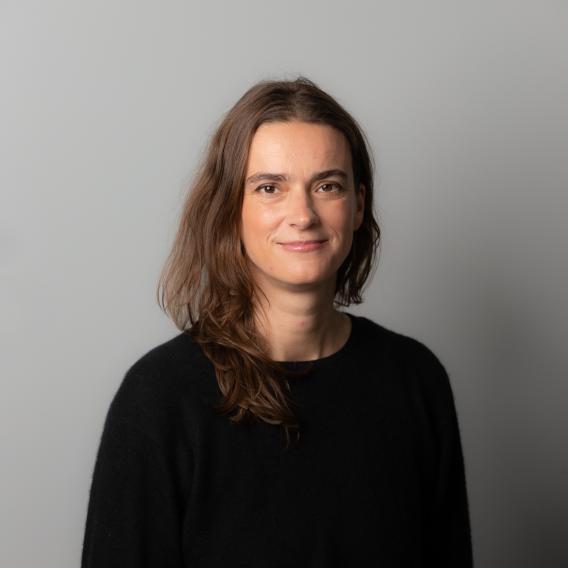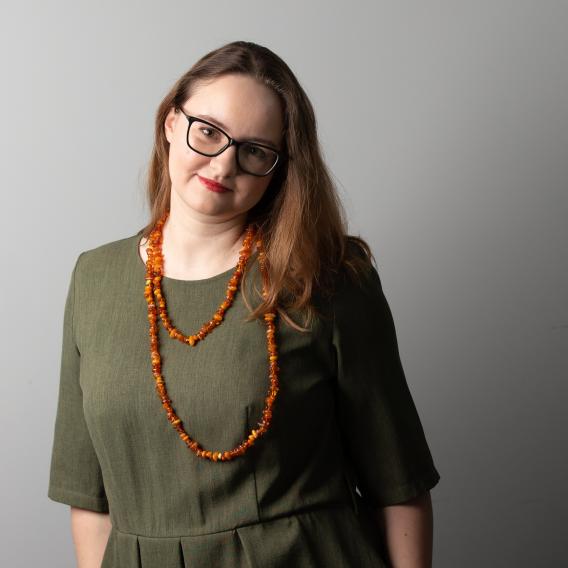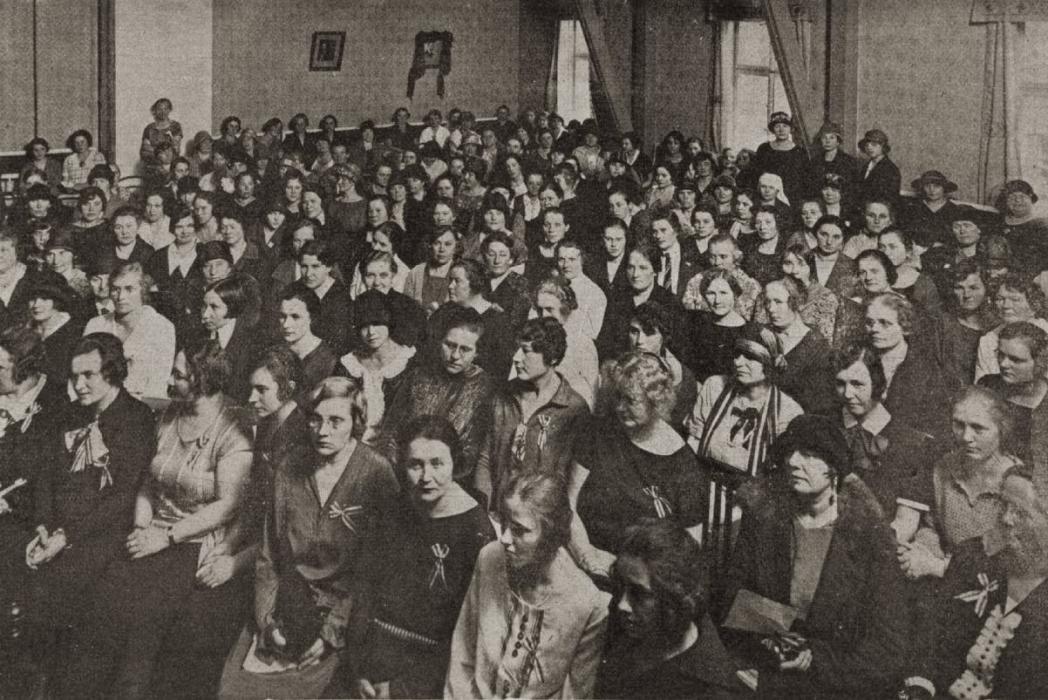
Women Agency in Latvian Culture and Society (1870-1940)
Abbreviation: WOMage
Funded by: Latvian Council of Science
Project No: lzp-2020/1-0215
Project implementation: 01.01.2021.–30.12.2023.
Project leader: Eva Eglāja-Kristsone, eva.eglaja@lulfmi.lv
Project team: Ineta Lipša, Baiba Vanaga, Rasa Pārpuce-Blauma, Zita Kārkla, Māra Grudule, Signe Raudive, Zane Rozīte
Ex team members: Anastasija Smirnova, Dārta Marija Ungure
Webpage: womage.lv
The idea behind this research project is the relative invisibility of women's contributions to Latvian society and culture through the ages. One of the reasons why so little is known about women writers, artists, educators, politicians and others is that historiography relies on existing biographical research, most of which does not contain much information on women. It is also a result of historical circumstances as of all the socially created divides, the gender divide is the most basic and the one most resistant to change. The time frame of the project defines 1870 as a starting point when a woman's position in the Latvian social and cultural field gets attention by two important events: Karolīne Kronvalde, a self-educated Latvian woman activist opens the discussion in Latvian periodicals defending women's rights to an education and freedom from paternalistic restrictions, and play “Ģertrūde'' by the first Latvian women dramatist Marija Pēkšēna wins the original drama competition; and 1940 as an ending point when the occupation of Latvia by the army of the USSR and WWII transforms not only the political environment but also affects women’s position in society. Since the second half of the 20th century, the agency has been a topic of heated discussions in both feminist philosophy and political theory. The focus has been shifted from understanding agency in terms of freedom, autonomy and rationality to a more nuanced, fragmented and discursive practice of articulating one's subjectivity and having a voice.
Goal. The aim of the research project is to create new knowledge in studies of women's history by bringing into focus female agency as seen from different points of view and examining the diverse ways in which women have contributed to the development of culture and society in Latvia (1870–1940) within the context of European cultural and social phenomena.
Expected results (1) the project will raise the awareness of the role of women's activism through biographies and organizations and will highlight women's agency as a valuable part of Latvian history and a cultural and social phenomenon; (2) the project will provide a theoretical understanding of women's agency from a perspective of cultural theory, gender theory, autobiographical and biographical theories; (3) the created biographical dataset and the research outcomes will serve as a foundation for international cooperation and new project ideas; (4) the project group, especially the involved students will widen their knowledge in an interdisciplinary field and enhance their future perspectives in academia; (5) the implementation of the project will contribute to the advancement of academic fields of literary culture, women history research and art history in Latvia at an international level. The results of the project will be useful not only in humanities, social sciences and art, but will provide a wide range of further possibilities of exploration and use of the project's results and dataset on women's biographies by the general public, educational and social sector.
Institute employees
Cooperation partners

